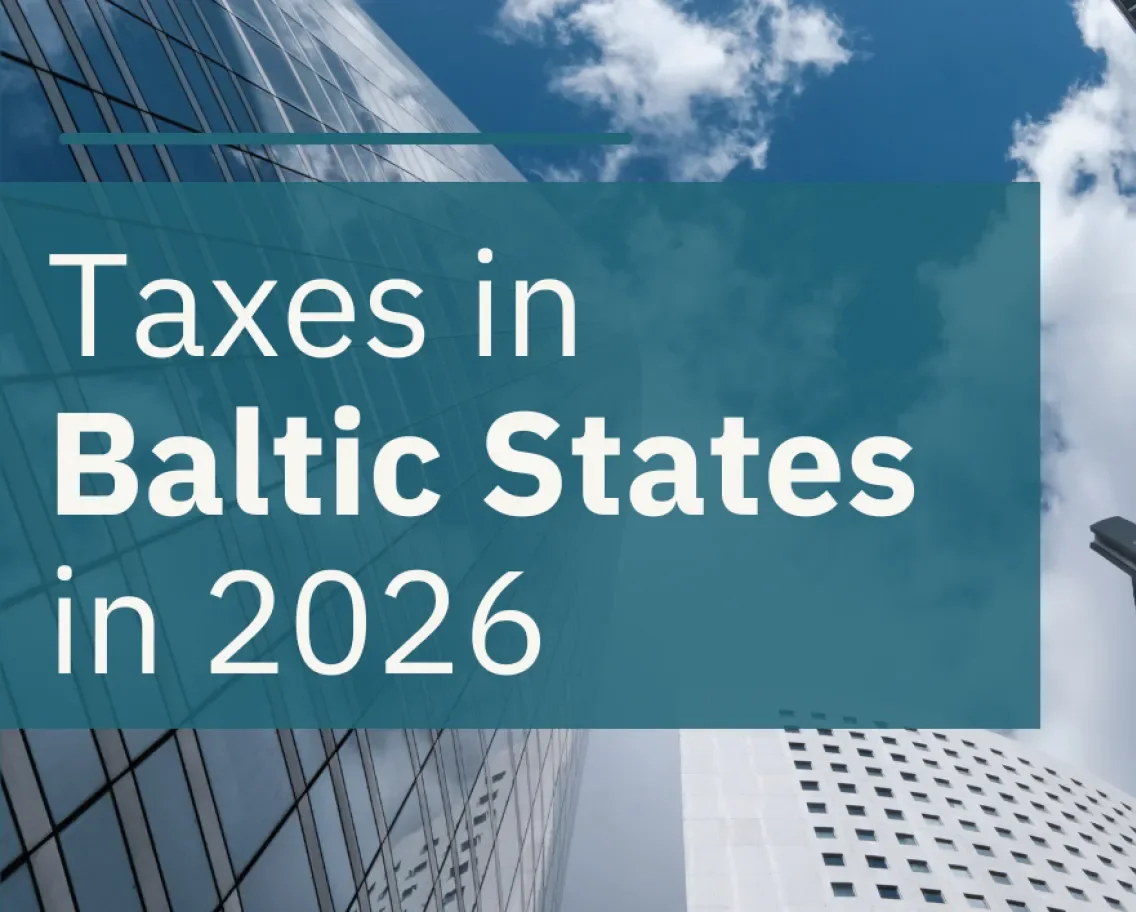MAIN PLANNED CHANGES
Currently in Latvia, company profit is subject to a 20% corporate income tax (CIT) rate, but dividends received by natural persons are not subject to personal income tax (PIT). Ministry of Finance offers a new alternative for companies whose owners are natural persons:
- 15% CIT at the company level, when dividends are paid out;
- 6% PIT for natural persons from received dividends.
The decision on the alternative tax model can be made only if all company shareholders agree to such an approach.
For companies that do not meet the criteria, the existing model will remain in force: 20% CIT at the company level and PIT exemption for dividends.
The amendments will also not apply to profit earned until 2017 and not yet distributed, because a different tax regime has already been applied to that part.
WHAT WILL THE NEW TAX MODEL MEAN?
Although the Ministry of Finance presents the tax changes as a balanced solution that will help both investors and municipalities, various opinions are already emerging in discussions. The new model provides several advantages, but at the same time also creates risks and questions.
Potential benefits are mainly related to tax burden clarity and international compliance:
- Greater transparency for investors. The total tax burden remains unchanged, but a greater balance is achieved between local and foreign investors.
- International compliance. Latvia adapts to EU requirements by setting a 15% CIT rate, which corresponds to the internationally set minimum level.
- Strengthening municipalities. Part of PIT revenues from dividends will go to local government budgets, thus ensuring additional funding for local needs.
- Clearer regulation for foreign investors. The 6% PIT will potentially be possible to credit as paid tax in the investor’s home country, if this is provided for by law.
At the same time, there are several challenges that could reduce the effectiveness of the new model:
- Limited scope of application. The new model will apply only to companies with natural person owners, excluding the participation of legal entities. This may create inequality between different business models.
- International uncertainties. Not all countries may recognize the 6% PIT paid in Latvia, which for some foreign investors would mean a higher tax burden.
- Administrative complexity. Companies will need to agree with all owners in order to apply the new model. This may cause conflicts or complicate profit distribution decisions.
- Speculations about benefits for certain players. Critics point out that such regulation could be more advantageous for specific large investors, which raises questions about equal treatment for all entrepreneurs.
FOLLOW THE COURSE OF THE BILL AND:
- Evaluate the shareholder composition – if the company owners are only natural persons, the new model may be more advantageous.
- Plan profit distribution in advance – if there is still undistributed profit for the period up to 2017, evaluate it separately.
- Compare international impact – if there are foreign investors, check whether in their country of residence the 6% PIT will be possible to credit as a tax relief.
Overall, the new model could provide Latvian companies and investors with clearer rules, but at the same time there are questions about its fairness, international applicability, and administrative practicality. The regulation is planned to enter into force on 1 January 2026, however, at this moment the bill on amendments to the Corporate Income Tax Law and the “Personal Income Tax Law” is still in the coordination process, therefore adjustments are possible. The final evaluation will depend on how these changes will work in practice after the law comes into force.
Author: Lonija Grīnfelde, Marketing Specialist







